Pursuing the value of Happiness in a classroom

#Publicpolicy

“Education is meaningless without happiness”
Manish Sisodia
“Happiness is when what you think, what you say and what you do are in harmony”
Mahatma Gandhi
It took one microorganism to make us aware of the fleeting nature of this life. There is a sense of realization among all of us about a lot of things. How was all of us running a rat race to reach somewhere we didn’t even know? We wanted to be productive 24*7 and 365 days of the year. We were collecting all material resources, but we didn’t have enough time to experience the pleasure of those things. The current lockdown forced us to slow down. This pandemic made us realize the value of happiness, satisfaction, and living in the moment. This crisis reminds us to be sensitive to other human beings, nature, and especially our own lives.
However, a lot of us are not happy now, and also we were not happy earlier. When things were so-called normal, we had other problems to talk about, and now in this ‘new normal,’ we are not happy because our movement is restricted, we are not able to go out and do whatever we want. As per the World Happiness Report 2020, India was ranked 144 out of 156 countries. Why do Indians not perceive themselves to be happy? What is the reason behind it? Did we ever learn about the value of happiness in our schools or colleges? Did someone from our family ever talk about happiness or being mindful of our thoughts and emotions?
Though whenever we touched the feet of our elders, they told us to ‘be happy,’ no one taught us how to be happy and what is happiness and what needs to be done to achieve happiness. We realize the value of happiness as we grow, or we face some difficult phases in our life, or maybe some people might be realizing the importance of happiness during this lockdown amid the unprecedented coronavirus pandemic.
Nevertheless, the Delhi government’s experiment to start a happiness class in schools for class I to VIII has inspired not only the other Indian states but also other countries. During the recent visit by the US President, the first lady, Millenia Trump, visited one of the Delhi government schools and attended the happiness class and found it “very inspiring.” This book is a story of the Delhi education model. It’s written by the education minister and the Deputy Chief Minister in the Delhi government. Written in a very simple language and a few pages, he covers all the radical reforms as well as innovative ideas taken by his team to make this idea a talking point for not only the country but also for the world. He, along with his colleagues Atishi Marlena and Shailendra Sharma, took this experiment of bringing about radical reforms in the education system of the Delhi government.
These reforms are holistic as it covered almost every aspect- be it infrastructure, allocation of the budget towards the education sector, empowering the principal to appoint estate managers and providing high- quality training to teachers. There were more like engaging parents through mega-PTM and School Management Committee(SMC), and most importantly, creating the education model of coexistence through happiness classes and entrepreneurship mindset curriculum.
Starting a happiness class with a happiness curriculum in India’s government school is a path-breaking step by the Delhi government towards pursuing happiness not only as a State but as a nation. Happiness curriculum is based on the “co existential thought” (Madhasth Darshan) inspired by education philosopher A Nagraj. This thought is based on understanding all aspects of life, including spiritual, intellectual behavior, and material. The idea is to address the mental and emotional needs of the children by creating a stimulating environment through mindfulness, critical thinking, story-telling, and activity-based discussions where children reflect on their thoughts and reactions scientifically. Through these processes, the child becomes self-aware and also towards family, society, and its surroundings.
Anecdotal evidence shows that there have been noticeable changes happening among the children. The behavior of students is changing towards their teachers and parents. They are becoming inquisitive towards learning other subjects. This book mentions some interesting anecdotes from the happiness class where one child started asking his mother if there is any food for her before eating dinner. One kid became aware of his father’s financial situation and stopped asking for an expensive school bag.
It is so ironic for us as a society and a nation that we taught our children mathematics, science, history, geography, economics, business, etc. Still, we never taught them how to be happy, how to be mindful of our thoughts, how to analyze any issue before making any judgment critically, how to live in harmony with nature. We learned how to make money, but we didn’t know how to live our lives with satisfaction and enjoyment because it’s not about material things, a high paying job or a big house we have but it’s about how we feel inside? Are we able to understand our emotions? Why are we feeling what we are feeling?
Amid this pandemic leading to this moment of reflection, we as a family, as a society and as a nation need to realize the value of inculcating happiness, self-awareness, satisfaction, and how to live in harmony with nature. So, this is the moment we should start pursuing the feeling and value of happiness forever as an individual, as a family, as a society, and as a nation.
Featured Image Credits: Articlepedia



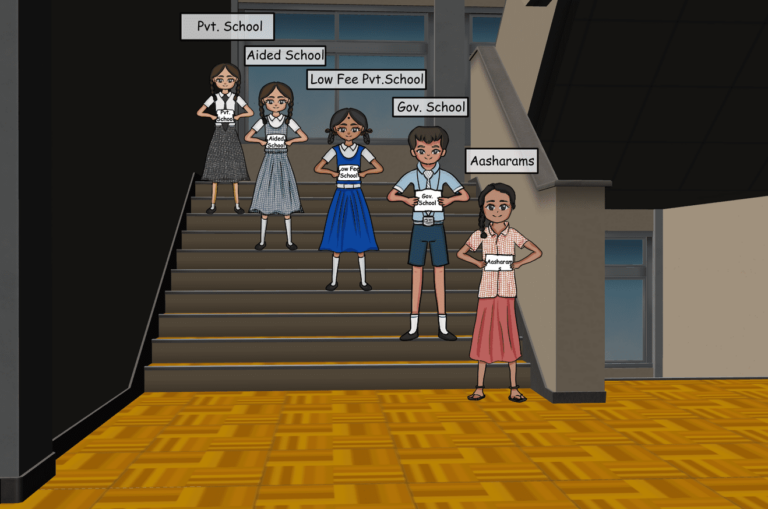

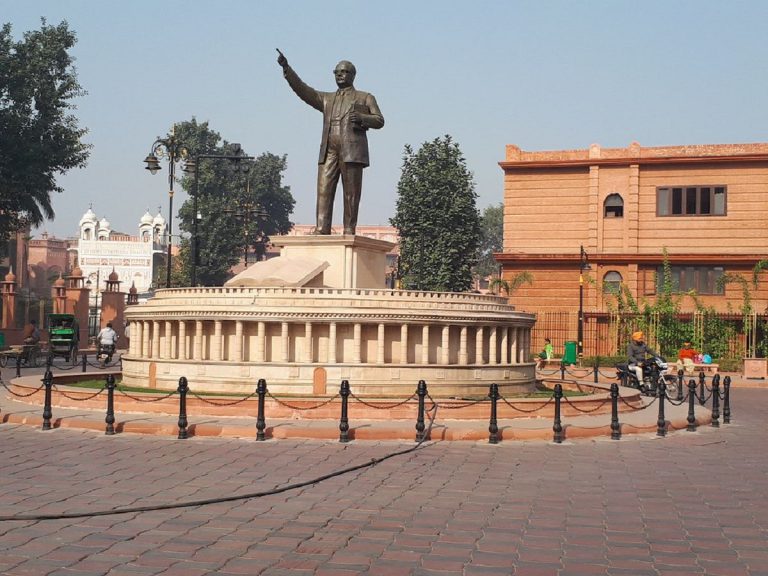
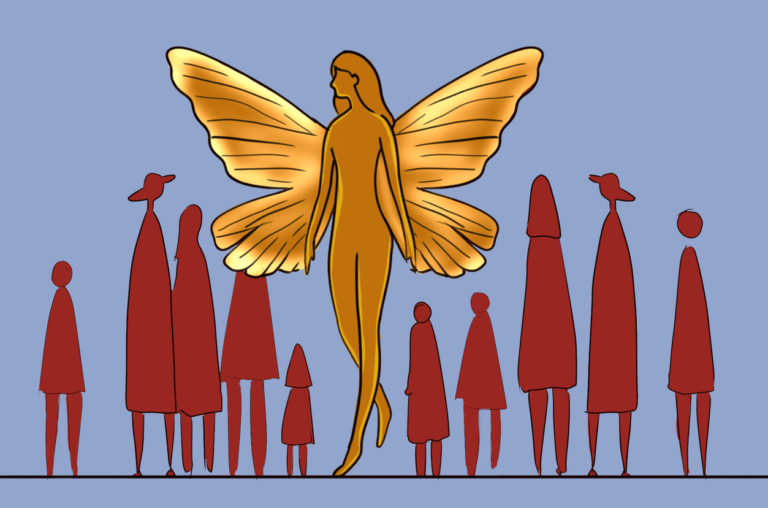
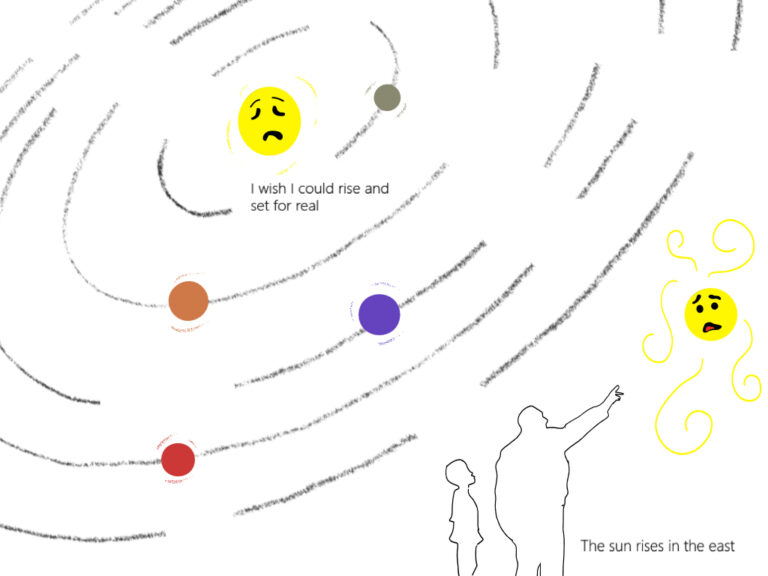
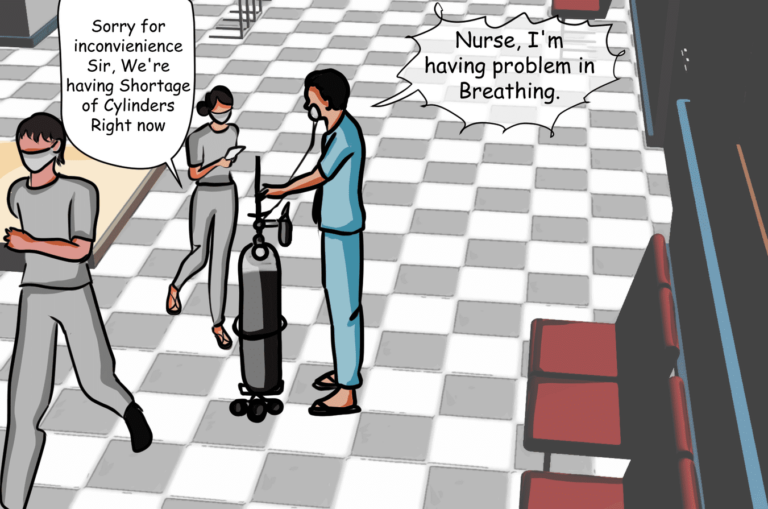
Readers' Reviews (1 reply)